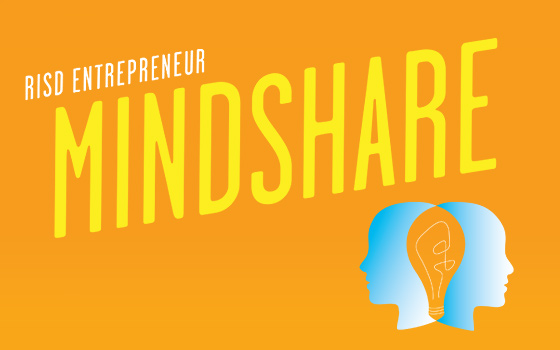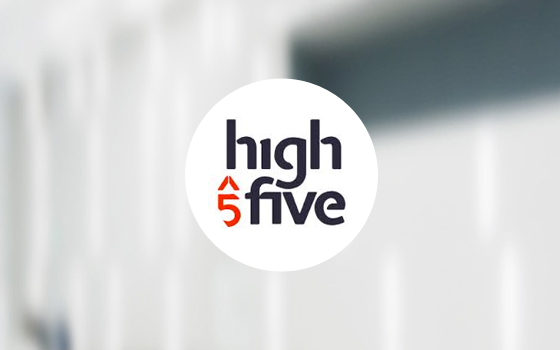It seems obvious, but it apparently took a California court to rule that you can’t cry “invasion of privacy” when people circulate what you’ve posted to your MySpace page. When I see things like this, I think, why on Earth would you think that what you post on your profile is private? It’s a social network profile- people are supposed to see that content! But, in fairness, issues of privacy are not so cut and dry are they? I’ve been exploring this issue in some recent posts (here, here, here, here, and here).
On a recent broadcast of NPR’s OnPoint, host Tom Ashbrook interviewed Vanessa Grigoriadis, contributing editor at New York Magazine and author of it’s latest cover article, Do You Own Facebook? Or Does Facebook Own You? Her long article examines the ins and outs of privacy and copyright concerns around content that Facebook users create and upload to the site. It starts of fairly positive and seems to slowly build in it’s skepticism of whether Facebook is good for society, but in any case, it’s worth reading in full. Here’s a quote that gives you an overall idea of tone and purpose:
…the issue was more a matter of a kind of pre-rational emotion than any legalistic parsing of rights. What people put up on Facebook was themselves: their personhood, their social worlds, what makes them distinctive and singular… I’m not sure that we can take ourselves out once we’ve put ourselves on there. We have changed the nature of the graph by our very presence, which facilitates connections between our disparate groups of friends, who now know each other. “If you leave Facebook, you can remove data objects, like photographs, but it’s a complete impossibility that you can control all of your data,” says Fred Stutzman, a teaching fellow studying social networks at the University of North Carolina at Chapel Hill. “Facebook can’t promise it, and no one can promise it. You can’t remove yourself from the site because the site has, essentially, been shaped by you.”
In response to Vanessa’s questions around privacy, though, Facebook execs appeared surprised at the concern. She elaborates:
Kubrick dreamed of villains like this: nerds in fleece, controlling the information, calling their cult a family. It was an image, a kind of inchoate anxiety about the future, rather than anything you could put your finger on. In many conversations with privacy experts, it was hard to see what, specifically, was upsetting them so much; part of their strategy is clearly to pressure the big dog to set good policies now, so that others follow them later. Twenty years down the road, as algorithms and filtering mechanisms are significantly stronger and we’ve moved from PCs to home monitors with information stored in remote locations—“the cloud”—we will entrust ever more of ourselves to large data centers, many of which are already built around the Columbia River. Facebook already has tens of thousands of servers in a few data centers throughout the country, but this pales in comparison to Microsoft’s facility in Quincy, Washington: Their data center is the area of ten football fields, 1.5 metric tons of batteries for backup power, and 48 megawatts of electricity, enough to power 40,000 homes. An uncanny simulacrum of your life has been created on the web. It may not be too hyperbolic to talk about a digital self, as a fourth addition to mind, body, and spirit. It’s not the kind of thing that one wants to give away.
It’s a pretty rough characterization, isn’t it? Villains? Cult? But I can completely relate. I am constantly dealing with the tension of working to be an early adopter of new technologies- at least so to be able to understand how they work, how they affect people, and discern between those that are helpful and necessary and those that are either a waste of time or detrimental- and having an urge to reject them and live a more “natural” life. It’s tough to do in my line of work! Somewhere, in the middle, though, is the right calibration: not rejecting technology prima facie but appreciating human ingenuity and adopting the use of new tools on the basis of whether they are truly helpful, yet drawing boundaries at key points that facilitate the kind of life I want to lead. Now, how those boundaries pertain to Facebook is still an unclear matter to me. I may end up leaving the fold completely, or I may end up just using the site significantly less. Whatever I do, I want to make sure it’s a measured and informed decision; with Grigoriadis’s piece getting me one step closer.
//



